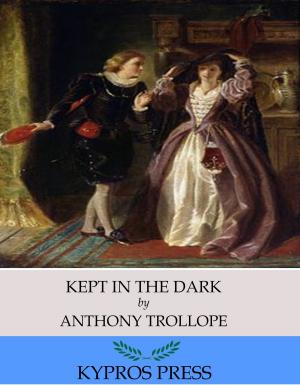| Author: | Alexandre Dumas | ISBN: | 1230000912648 |
| Publisher: | @AnnieRoseBooks | Publication: | January 5, 2018 |
| Imprint: | Language: | English |
| Author: | Alexandre Dumas |
| ISBN: | 1230000912648 |
| Publisher: | @AnnieRoseBooks |
| Publication: | January 5, 2018 |
| Imprint: | |
| Language: | English |
It was on the first of October, 1791, that the new Legislative Assembly was to be inaugurated over France.
King Louis XVI., captured with Queen Marie Antoinette and the royal family, while attempting to escape from the kingdom and join his brothers and the other princes abroad, was held in a kind of detention, like imprisonment without hard labor, in the Tuileries Palace in Paris.
His fate hung on the members of the new House of Representatives. Let us hasten to see what they were.
The Congress was composed of seven hundred and forty-five members: four hundred lawyers of one kind or another; some seventy literary men; seventy priests who had taken the oath to abide by the Constitution, not yet framed, but to which the king had subscribed on the sketch. The remaining two hundred odd were landholders, farming their own estates or hiring them out to others.
Among these was François Billet, a robust peasant of forty-five, distinguished by the people of Paris and France as a hero, from having been mainly instrumental in the taking of the Bastile, regarded as the embodiment of the ancient tyranny, now almost leveled with the dust.
Billet had suffered two wrongs at the hands of the king's men and the nobles, which he had sworn to avenge as well on the classes as on the individuals.
It was on the first of October, 1791, that the new Legislative Assembly was to be inaugurated over France.
King Louis XVI., captured with Queen Marie Antoinette and the royal family, while attempting to escape from the kingdom and join his brothers and the other princes abroad, was held in a kind of detention, like imprisonment without hard labor, in the Tuileries Palace in Paris.
His fate hung on the members of the new House of Representatives. Let us hasten to see what they were.
The Congress was composed of seven hundred and forty-five members: four hundred lawyers of one kind or another; some seventy literary men; seventy priests who had taken the oath to abide by the Constitution, not yet framed, but to which the king had subscribed on the sketch. The remaining two hundred odd were landholders, farming their own estates or hiring them out to others.
Among these was François Billet, a robust peasant of forty-five, distinguished by the people of Paris and France as a hero, from having been mainly instrumental in the taking of the Bastile, regarded as the embodiment of the ancient tyranny, now almost leveled with the dust.
Billet had suffered two wrongs at the hands of the king's men and the nobles, which he had sworn to avenge as well on the classes as on the individuals.















